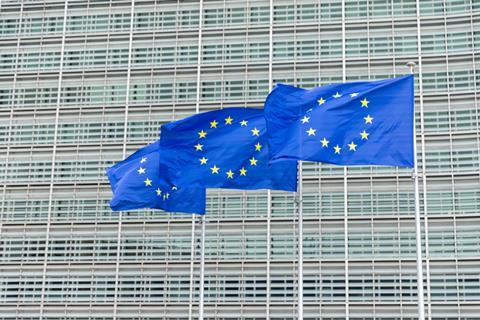
Global chemical company INEOS has revealed that it has filed - or is in the process of filing - 10 major anti-dumping cases with the European Commission, citing the need to safeguard European customers, suppliers and contractors from low-cost imports from Asia, the Middle East and the United States.
The company says that Europe’s chemical sector is being heavily impacted by low-cost imports from Asia, the Middle East and the United States, and that these products are undercutting European producers who face ‘the world’s highest energy prices and escalating, unilateral carbon costs’. INEOS cites data from the European Chemical Trade association (CEFIC) which says that imports of chemicals from China surged by 8.3% in the first half of 2025, introducing ‘carbon-intensive products’ into Europe that pay less energy costs and no carbon price.
The 10 cases filed by INEOS are said to protect strategic products including PVC, MEG, BDO, PTA and ABS Polyethylene Glycols as well as Butyl acetate and Polyolefins, used in Europe’s automotive, defence, electronics, construction, packaging and pharmaceutical industries. The company believes the latest EU-US trade deal will make the trade imbalance worse and remove Europe’s protection against dumped product.
INEOS states that it is calling on the European Commission to strengthen its trade defences, provide the necessary resources before year-end and act decisively to ‘stop the de-industrialisation’ of Europe.
Steve Harrington, CEO of INEOS Styrolution, said: “While the US and China protect their industries, Europe allows unfair ABS imports from South Korea and Taiwan. That puts six ABS plants and 1,000 European jobs at risk. The Commission’s own data shows injury levels up to 67%, yet Brussels proposes anti-dumping duties as low as 3.7%, which is completely ineffective. Unless Europe acts decisively, we are finished.”
In September, we took a bird’s eye view of the issues at hand in the European recycling industry, with words like ‘crisis’ and ‘breaking point’ increasingly used to describe it. We sought to answer whether the industry is past the point of no return, including the impact of imported materials and concerns that there will be no viable recyclers remaining by the time the Packaging and Packaging Waste Regulation’s recycling deadlines arrive.
As global competition and costs increase, we recently heard from Antonello Ciotti, president of Petcore about the future of the European PET industry. He warned that the EU must act now to save an industry that is crucial to its sustainability and manufacturing ambitions.
If you liked this story, you might also enjoy:
The ultimate guide to the Packaging and Packaging Waste Regulation in 2025
How are the top brands progressing on packaging sustainability?
Everything you need to know about global packaging sustainability regulation in 2025
The key to increasing the use of reusable packaging in supermarkets














No comments yet